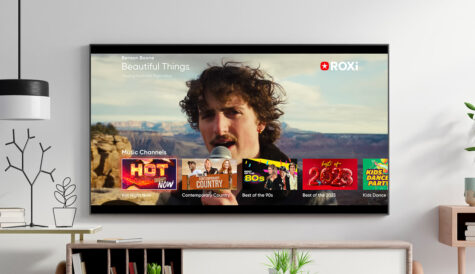Broadcast TV should be delivered via the internet, say UK peers
A new report from the UK’s House of Lords has called for TV services to be delivered via the internet in order to free up spectrum for other uses.
Despite the UK only recently completing digital switchover, the Broadband for All report into internet infrastructure said that the case for transferring the delivery of broadcast content via the internet will become overwhelming “It is likely that IPTV services will become ever more widespread, and eventually the case for transferring the carriage of broadcast content, including public service broadcasting, from spectrum to the internet altogether will become overwhelming. This may well be a more sensible arrangement, as spectrum is perfectly suited to mobile applications,” the Lords communications committee noted in the report.
The House of Lords has recommended that the government, media regulator Ofcom and the wider industry begins to consider the desirability of switching off broadcast transmission over spectrum. The UK’s main pay TV operators, BSkyB, Virgin Media, BT and Talk Talk already deliver some TV services via the internet to varying degrees. This month also saw the launch of a new internet-delivered TV platform YouView.
The report was also critical of the government’s high speed broadband targets. It said that while broadband speeds were increasing in parts of the country, this could lead to a widening of the digital dividend between areas with access to fast internet and those without access to any broadband networks.
“Government policy has become preoccupied with the delivery of certain speeds to consumers. This, in our view, has had a detrimental effect on policy-making and the long term national interest. In this report, we propose an alternative vision for UK broadband policy, which, rather than being target driven, makes the case for a national broadband network which should be regarded as a fundamental strategic asset, to which different people can connect in different ways according to their needs and demands,” the report noted.



